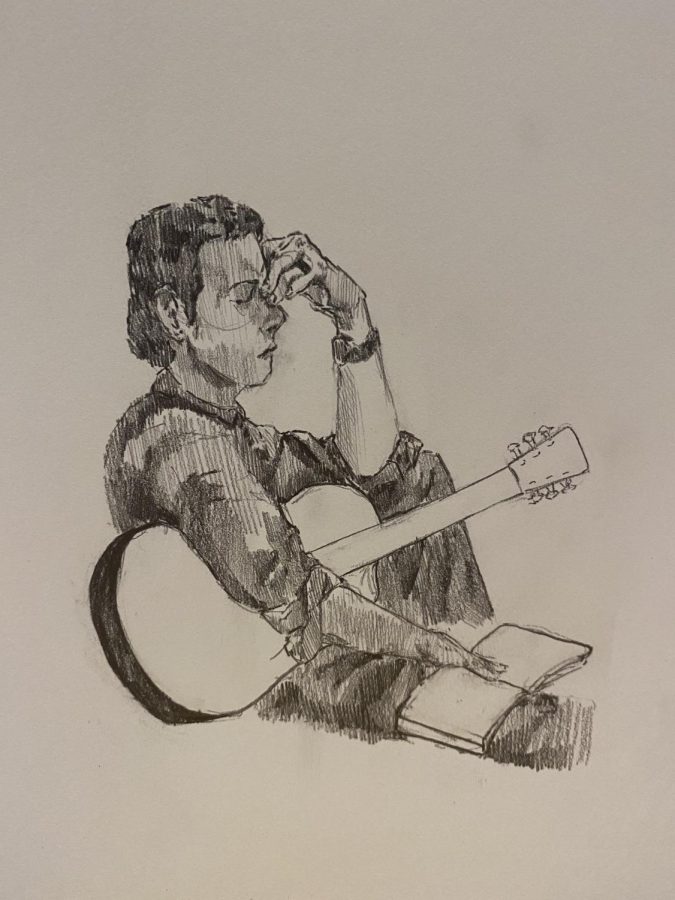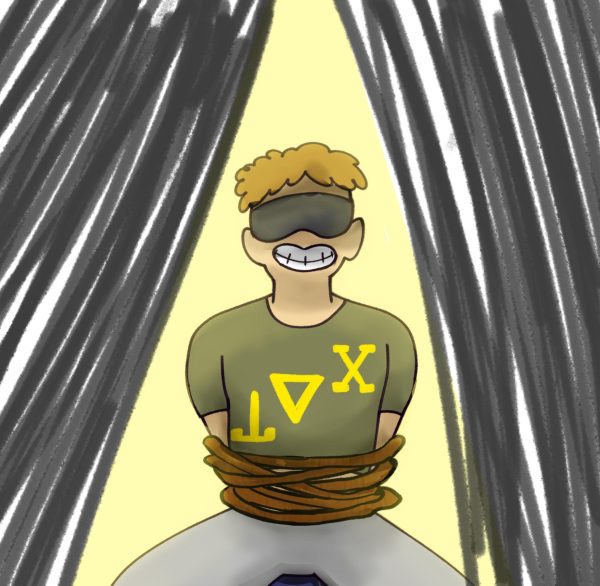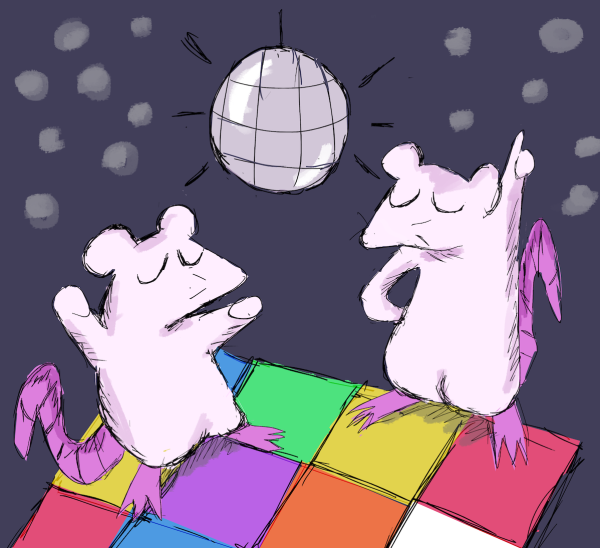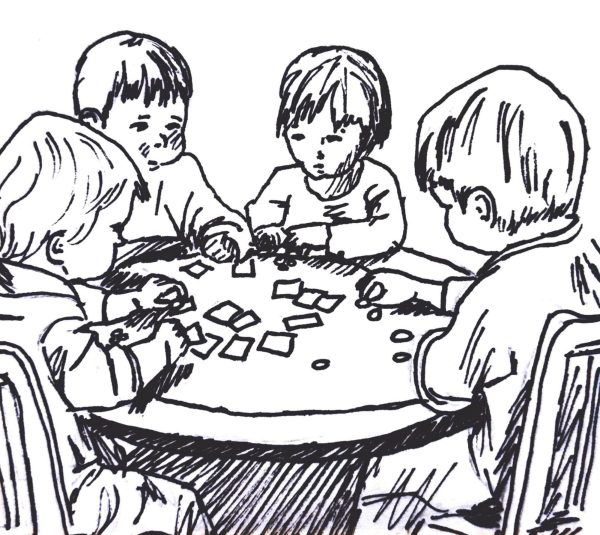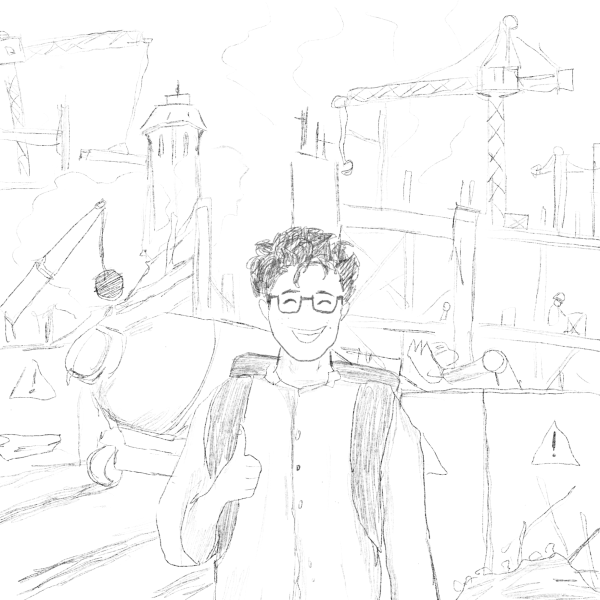The harsh reality of the “tortured artist”
Great pain makes great art — but at what cost?
Great pain makes great art. There is no doubt about it.
At some point in my childhood, I spent several hours a day practicing the piano in preparation for competitions and examinations, squeezing that time between academics, extracurricular activities, extra classes, family duties and a plethora of things for entertainment purposes. My nails were also extremely weak, so on days that I practiced too hard they would split and turn black at the top. Obviously that experience paid off, but back then I felt like I was at the tipping point of my sanity.
Here’s a story about one of my favorite artists. On Oct. 14, 2019, 25-year-old South Korean singer and actor Sulli was found dead in her apartment in Seoul by her manager. Within hours of the incident, Sulli’s manager, an employee of SM Entertainment, allegedly stated to the police that she had suffered from severe depression. This is the reality of the entertainment industry, the reality of being alive and the reality of the mental health crisis facing all of us right now.
Ever since she withdrew from the K-pop girl group f(x) to focus on a career in acting in 2015, she had been the target of online vitriol and gossip. First, she was condemned for selfishly quitting the band to pursue her solo career, then for her romantic relationship with someone who was 14 years older than her. More than just being unhappy about the age gap, people were angry that Sulli violated an unspoken rule that prohibits K-pop idols from openly discussing their love lives. The worst wave of online verbal abuse hit her after she posted a series of photos showing her not wearing a bra. They called her a “psycho.” All these things that the West considers so normal are not so accepted in Korea.
K-pop initially seized my attention when I was in middle school. I loved the music, the synchronization, and the variety of genres included. While my friends played games or watched TV shows, I’d listen to K-pop on my Sony Walkman. The more I was exposed to the whole scope of K-pop culture, the more I came to accept the beauty myth that the industry sold to me.
Such vocabulary went beyond fan culture to invade my day-to-day life. It took me years to discern the effects that the toxicity of K-pop body culture have on the mental and physical health of everybody involved, artists and fans alike. At first, I found it difficult to admit that something I was passionate about was built on the objectification of women. These young women and men went through pain to make their debut, and will keep being in pain until the end of their lives. Hence, we have the “tortured artist.”
So why are we glorifying mental illness and pain in the arts?
With more artists touring than ever before, it’s increasingly important to consider the challenges that artists, crews and vendors face while on the road for long periods of time. The more we talk about mental health, the more normal it is. The more we help others and alleviate their pain, the healthier the creative process becomes. Of course, passion keeps artists alive, but the most important thing is maintaining one’s will to live.

I am a native of Hanoi, Vietnam, and spent part of my childhood in Bangladesh and Cambodia. I am a senior majoring in Piano Performance and Communication,...

Hi, my name is Jaida and I am an illustrator for the Trinitonian. I am double majoring in international studies and art and I started working for the trinitonian...

